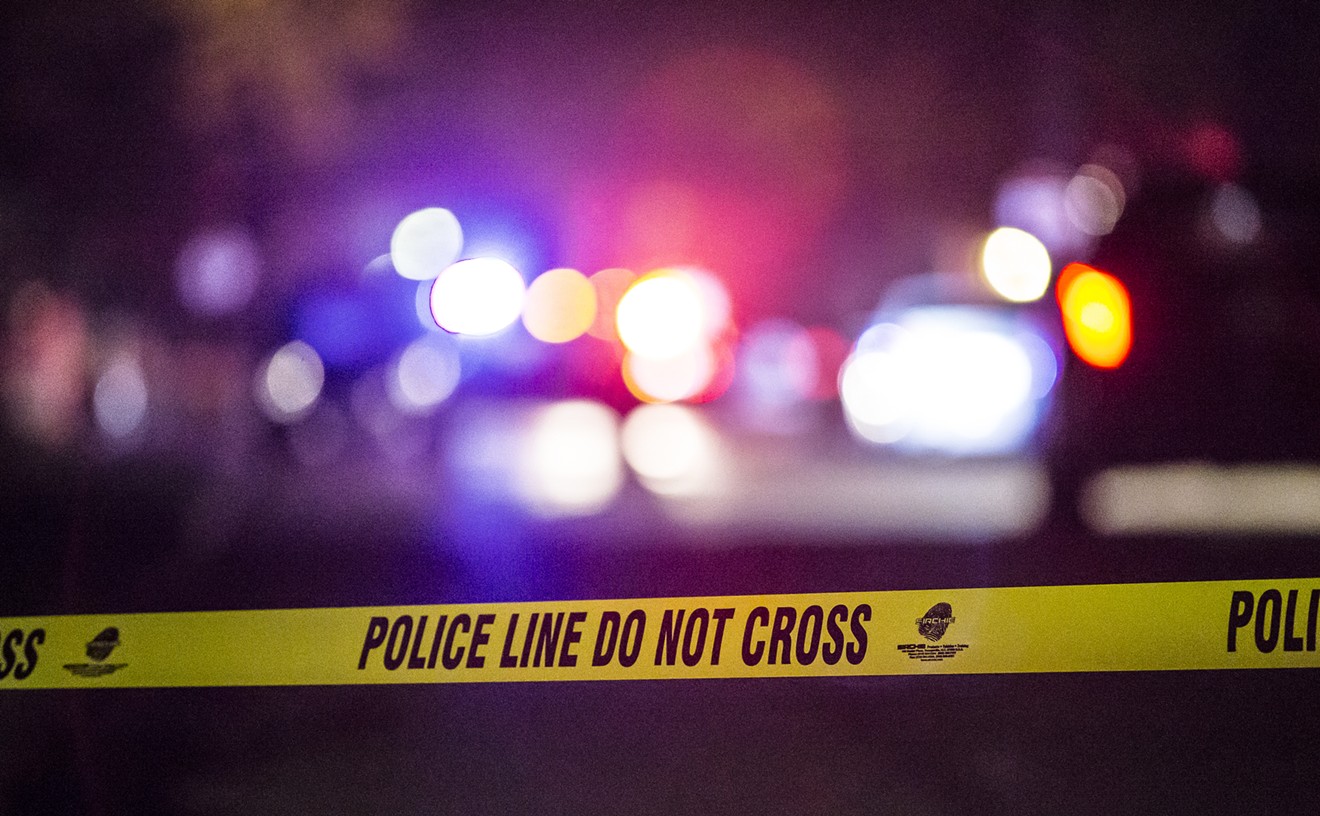STAAR proponents insist the test encourages accountability and gives administrators a way to gauge student success. Critics say STAAR is punitive and adds unnecessary stress for teachers and students.
Despite mounting calls to the contrary, the Texas Education Agency (TEA) kept STAAR in place to gauge how students are progressing in their learning. While the TEA eventually ruled that remote learners could skip the test, the move still doesn’t make sense from a logistical standpoint, said Rena Honea, president of Dallas’ Alliance-AFT teachers’ union.
“It’s not consistent across the board for everyone,” she said. “You’re going to let some opt out and some not? How are you going to get good data from that?”
While students must take the test in person, Honea said many teachers still haven’t been fully vaccinated, posing a safety risk amid the coronavirus pandemic. Plus, the test is difficult to administer. Last year, there was an issue with connectivity; this time around, many kids were kicked off and couldn’t log back in.
On top of that, some low-performing teachers may be moved to a different grade level based on their class scores, said Laura Trujillo-Jenks, interim chair for Texas Woman’s University’s department of teacher education. Some districts could decide to not renew a teacher’s contract because of it.
STAAR testing also only pertains to certain teachers, such as those in the math, science, English and social studies disciplines. Other educators like art and PE teachers don’t have to teach to those standards, Trujillo-Jenks said.
But there are some perks to standardized testing, she added: It helps keep schools accountable and provides districts with valuable data. Still, many take issue with the way the exam is presented."Let teachers teach." – Rena Honea, Alliance-AFT president
tweet this
“It’s a one-day snapshot instead of a whole year, several snapshots of a whole year of how a student is performing,” Trujillo-Jenks said.
Many state lawmakers have ramped up calls for testing reform. Around 97% of Texas parents, students and teachers opposed the state’s decision to conduct STAAR testing this year, according to a statewide social media survey conducted by state Sen. José Menéndez, a Democrat from San Antonio.
House Bill 764, filed by Republican Fort Worth state Rep. Matt Krause, would eliminate STAAR exams that are not federally required in middle and elementary schools. It would also allow districts to replace end-of-course exams for high school kids with post-secondary education entrance exams, such as the SAT.Letter to Commissioner Morath & STAAR Survey Results
— José Menéndez (@Menendez4Texas) March 1, 2021
See letter & full STAAR survey results, including by each Senate District across Texas: https://t.co/DLQEmkpimD#txlege #txed #STAAR #texas pic.twitter.com/MVeRGZo2FD
This week I filed HB 764 - also known as the Student Testing and Assessment Reform (STAAR) Act. The bill would give school districts the option to continue on w the current structure, or shift to another method. Such as using national or state approved standardized tests. #txlege pic.twitter.com/dncpTZJ7Es
— Matt Krause (@RepMattKrause) December 11, 2020
In Dallas, the pandemic has already resulted in severe learning loss districtwide. By November, nearly a third of students lost learning in reading, and half lost learning in math.
One of the biggest issues is the cost to taxpayers and districts, Honea said. Each year, an "astronomical" amount of money is spent on these state-mandated tests.
In 2021, Texas is shelling out $74.6 million to one testing company, according to The Texas Tribune. It’s also paying two others $6.8 million and $23.9 million, plus an additional $15.3 million for development of material for students with severe disabilities and those learning English.
Honea said resources poured into STAAR testing would be better spent going toward students. That’s especially true of Dallas ISD, where around 85% of students are economically disadvantaged, according to the district's website.
“That money should be going to our schools and to the students and to the facilities — the teachers, the employees that work there,” Honea said. “It should be used in a much more productive way, and it’s not.”
In non-pandemic years, campus ratings can get dinged, Honea said. Dallas teachers’ salaries are also tied to STAAR test results.
Plus, many students come from unstable homes and may not be able to fully concentrate on the test, she said. Some may have stayed up the night before because of health issues, while others may not have access to running water or electricity.
“We have professionals in the classroom that do testing with our students that know where they are,” Honea said. “Let that be the way we diagnose where the kids are, where the learning gaps are, and let teachers teach.”













